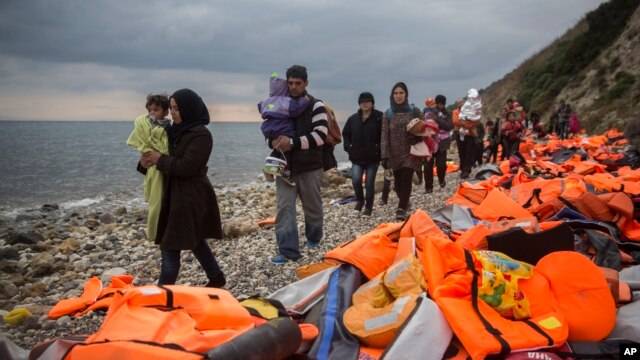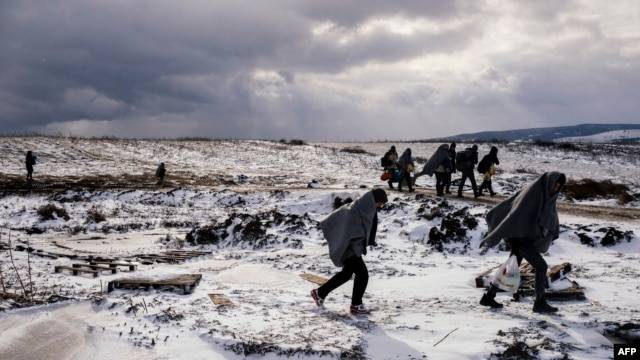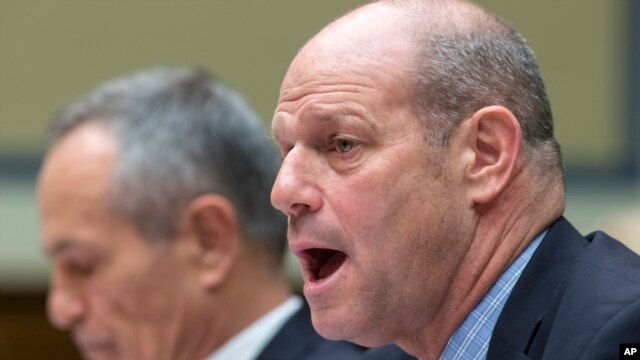- Apr 1, 2011
- 169,942
- 47,187
- 2,180
This video will convince anyone but the dumbest of libturds to oppose Obama's insane policy on "refugees."
WATCH: The Anti-Migrant Video Going Viral Across Europe
WATCH: The Anti-Migrant Video Going Viral Across Europe












